They use less chemicals and have a lower carbon footprint in production than standard disposables. According to The Balance , even paper takes two to six weeks to break down, and an orange peel takes six months to break down. Not all baby wipes are created equal. Check out. Are Pampers biodegradable? Box of Bamboo Training Diapers. Before you swipe left on our shampoo - body wash…. Are diapers recyclable Diapers are not recyclable, and most non-compostable diapers need to be disposed of in the trash. Other diaper companies produce disposable biodegradable diapers that contain materials that are less harmful to the environment. Brands that make diapers that are mostly biodegradable, but still must be disposed of in the trash, include Andy Pandy , Coterie , and Eco Pea Co. So if your goal is to limit the potential for skin irritants, it isn't a great choice. Is it a good idea to s witch to an Eco-Friendly Natural Diaper?
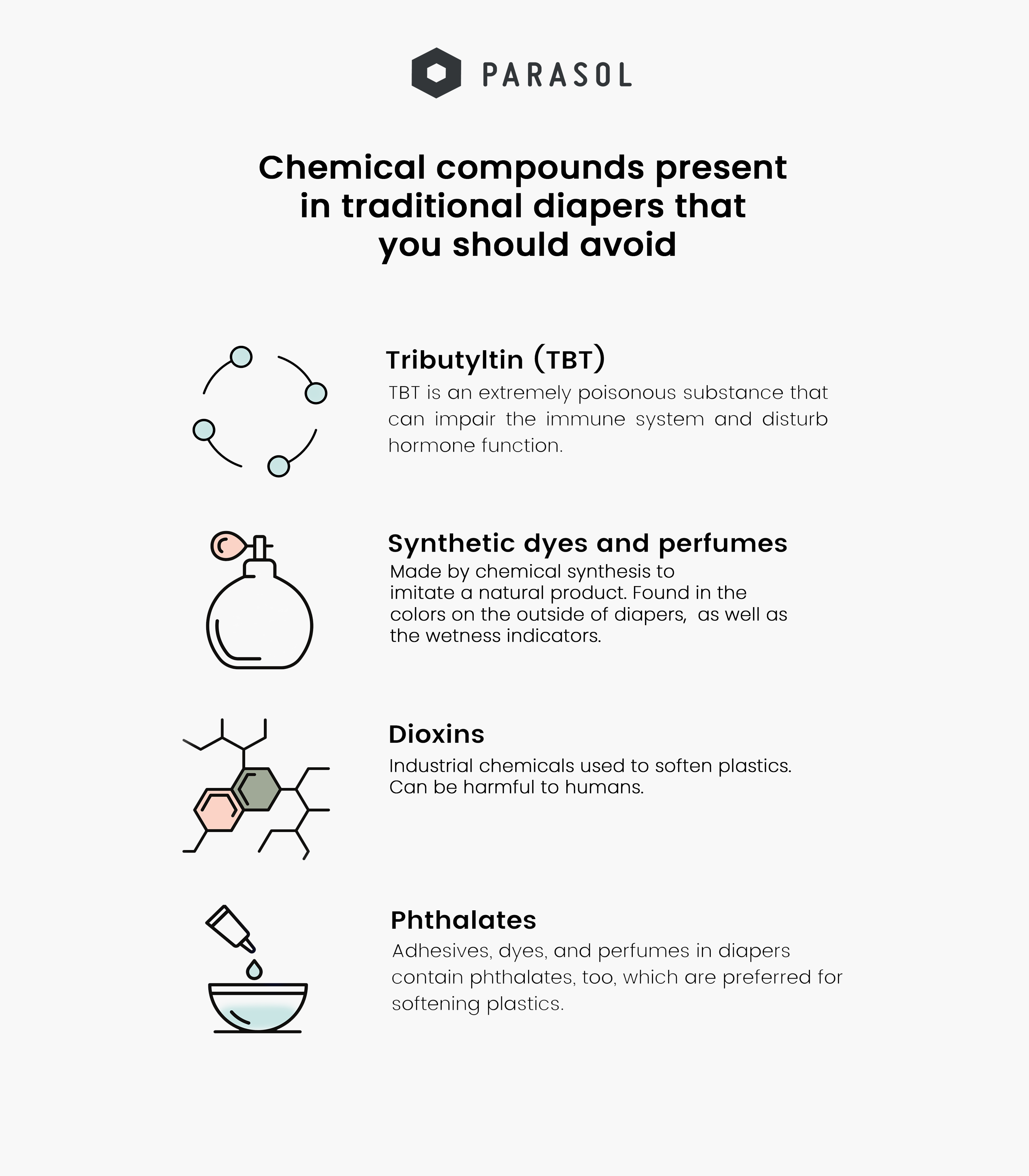
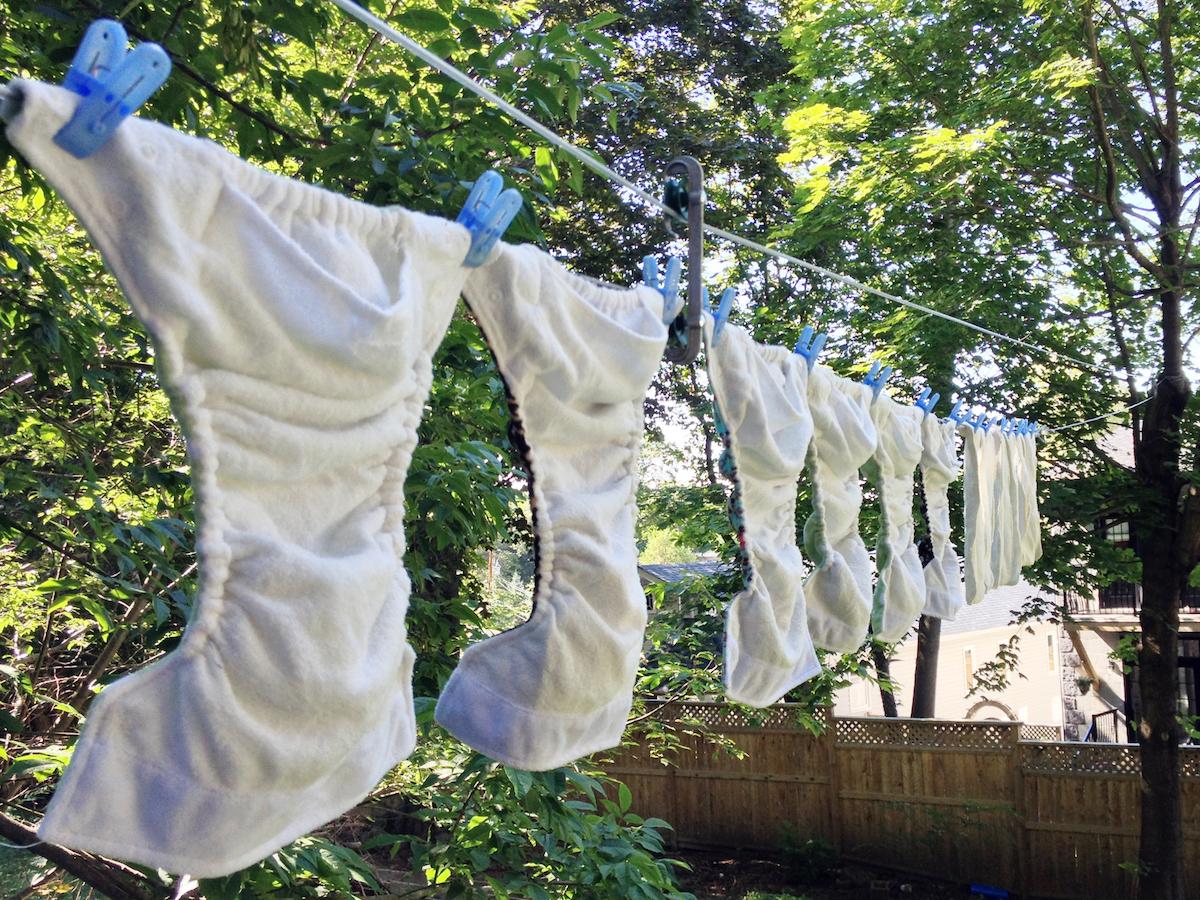
The Natural Baby Company. And by using cloth diapers, these families also have a positive impact on the number of disposable diapers that are headed to the landfill. A typical disposable diaper takes hundreds of years to fully decompose - though nobody REALLY knows, since no disposables have been in the landfill that long! All Rights Reserved. Remember sleep? It takes Pampers nappies around years to biodegrade, the same as any other sort of nappy, including eco disposables. When bought on the subscription service, they offers size 5 nappies for £32 every 4 weeks, or By: Terese Flores Welcoming a newborn into your life is an incredible, life-altering experience.
How long do diapers take to decompose?
Fewer diapers for your baby means fewer resources used to produce them. If you buy diapers in a cardboard box, that can be recycled with paper and cardboard; if your diapers come in plastic shrink wrap, check with your local grocery store if you can recycle it there with plastic bags. You're an eco-conscious parent who wants to reduce the impact of diapering on the environment. Families who use cloth diapers ensure that their baby's waste is flushed down the toilet, into the appropriate treatment system. By: Terese Flores Welcoming a newborn into your life is an incredible, life-altering experience. In reality, most single-use diapers contain plastic, meaning they will wind up in the same place as your average Huggies — the landfill. Cloth Diapers. Product issue. There are similarly priced options with more to offer. Are diapers recyclable Diapers are not recyclable, and most non-compostable diapers need to be disposed of in the trash. And they now have a bamboo biodegrabeable nappy range. Before you swipe left on our shampoo - body wash…. We are happy to be helping the environment and saving money at the same time!
Are Diapers Biodegradable | Eco Pea Co.
- So, despite a greener production and good absorption, we'd choose a similarly priced green diaper that is free of common irritants and offers more transparency without the marketing hype.
- Compare to Similar Products.
- Are Diapers Biodegradable?
That's when we launched our reusable wipes kit which makes it easy for parents to use reusable wipes, even if they use disposable nappies. That you are going to have to feed and look after and clean and get to sleep. How long does it take Pampers nappies to biodegrade? Which eco nappies are best for the environment? Which eco nappies get best reviews? The benefits of eco nappies are that they are designed to be more environmentally friendly than traditional disposable nappies. They use less chemicals and have a lower carbon footprint in production than standard disposables. Using renewable sources and practising greener manufacture and operations,these brands have a lower carbon and chemical input than normal oil-based plastic versions. However ALL disposable nappies create the same amount of waste. We'll explain why Especially if they're inside a plastic bin bag which most people use for their rubbish. If you'd prefer not to use bin bags, why not use one of our reusable bin liners instead? All disposable nappies create waste which is their largest environmental impact, no matter whether they are made from biodegradable material or not. Eco nappies are generally made from plant based plastics and wood pulp or bamboo bamboo viscose inners, liners and chlorine free pulp. This makes them more eco friendly to produce than traditional disposable nappies. No, Pampers aren't biodegradable. But actually as we have explained above being biodegradable doesn't make much difference if you're sending your nappies to landfill. All nappies will take around years to biodegrade in landfill due to the lack of oxygen. It takes Pampers nappies around years to biodegrade, the same as any other sort of nappy, including eco disposables. In eco-disposables this plastic tends to be plant based rather than oil based plastic, but it is still plastic.
Most disposable diapers are not biodegradable leading many to think that the only eco-friendly diapering option is cloth diapers. There are disposable diaper brands, are pampers biodegradable, like Eco Pea Co. In addition to being biodegradable, plant-based diapers are pampers biodegradable of bamboo are also:. Babies will use diapers during their first year of life, leading to diapers being the third largest single consumer item that ends up in landfills. This is because most disposable diapers take around years to decompose, are pampers biodegradable. Eco Pea Co. Diapers are not recyclable, and most non-compostable diapers need pieluchy huggies gdzie kupić białystok be disposed of in the trash. This is because many diapers contain different materials such as paper, plastic and absorbent material they are also contaminated with human waste, which deems them not eligible for recycling but diapers from brands like Eco Pea Co. Most disposable diapers are not biodegradable and are therefore not compostable. To top it off, our shipping process is carbon neutral!
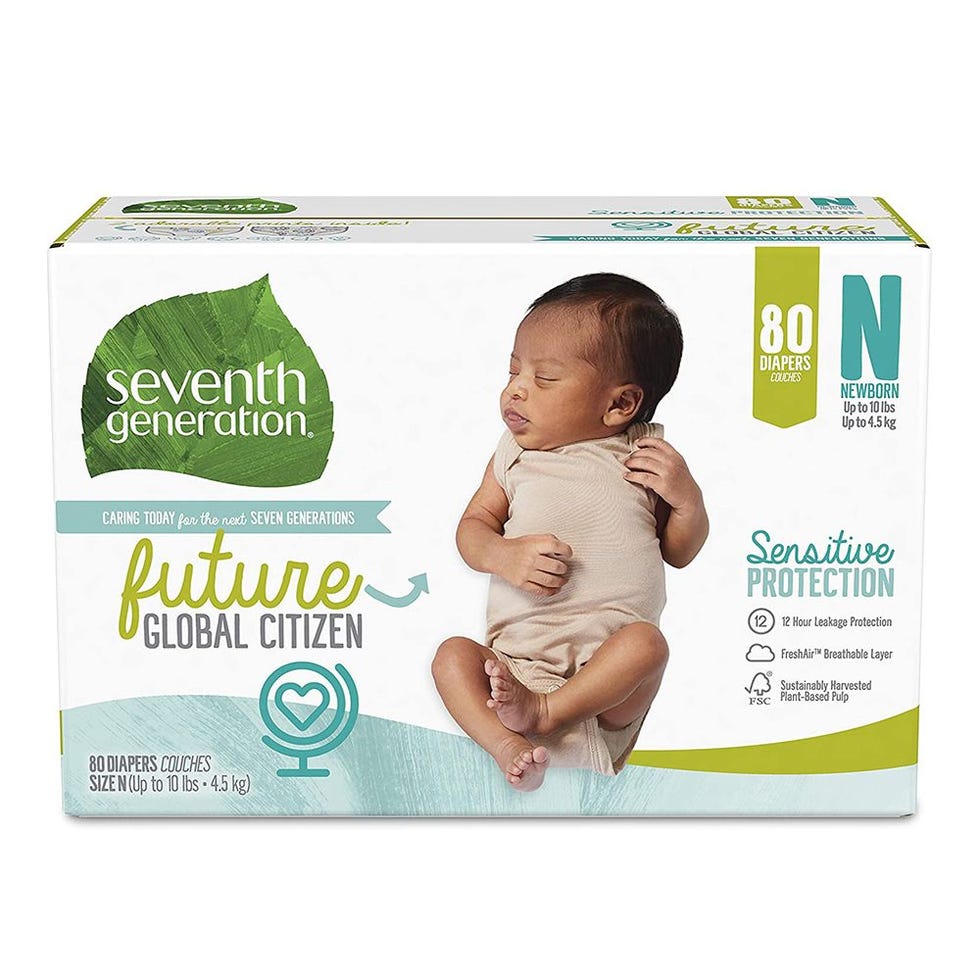
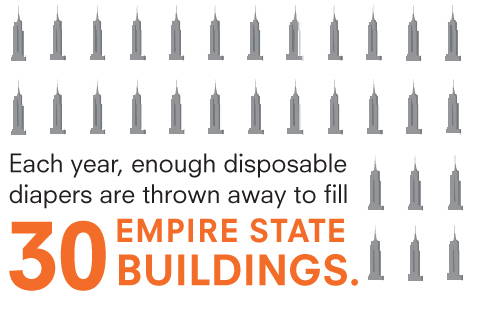
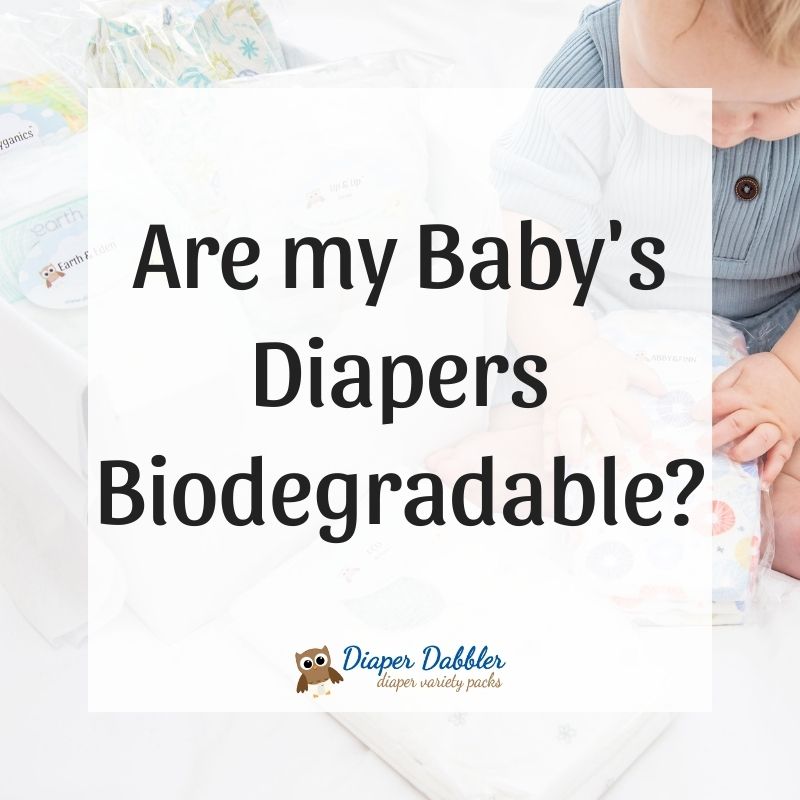
Are pampers biodegradable. Are Diapers Biodegradable? Here Are the Most Sustainable Diaper Options
Entice customers to sign up for your mailing list with discounts or exclusive offers. Include an image for extra impact. Not all diapers are biodegradable or eco-friendly. In fact, most diapers in use today are not, are pampers biodegradable. A typical disposable diaper takes hundreds of years to fully decompose - though nobody REALLY knows, are pampers biodegradable, since no disposables have been in the landfill that long! According to the EPA, potentially toxic waste is left to sit inside landfills in plastic diapers for centuries. The average baby and there are LOTS of babies out there! Some modern cloth diaper companies, such as GroVia Dekoracje, are presenting environmentally-friendly solutions to this problem. One method of reducing disposable diaper waste is the production of cloth and reusable diapers. Families who use cloth diapers ensure that their baby's waste is flushed down the toilet, into the appropriate treatment system. And by using cloth diapers, these families also have a positive impact on the number of disposable diapers that are headed to the landfill. Are pampers biodegradable diaper companies produce disposable biodegradable diapers that contain materials that are less harmful to the environment.
The Skinny
The term biodegradable diaper generally refers to disposable diapers that can be composted. If diapers were biodegradable, it is estimated they will begin to biodegrade after a few hundred years. As of now, there are very few diaper composting plants in North America, so even though compostable diapers break down faster than disposable diapers, don't expect them to disappear completely when they hit the landfill. Traditional diapers typically contain petroleum, polyester, stearyl alcohol, thermoplastic polymer, polyacrylic acid, fragrance, and many more kinds of materials. Some of these materials, such as plastic and petroleum, end up breaking down extremely slowly. Sustainable or Natural Diapers are free of some common chemicals found in traditional diapers and generally have less of a harmful impact on the environment.
Neither the scheme in Wales, nor the two counterparts in Europe are able to recycle the plastic components of the nappies.

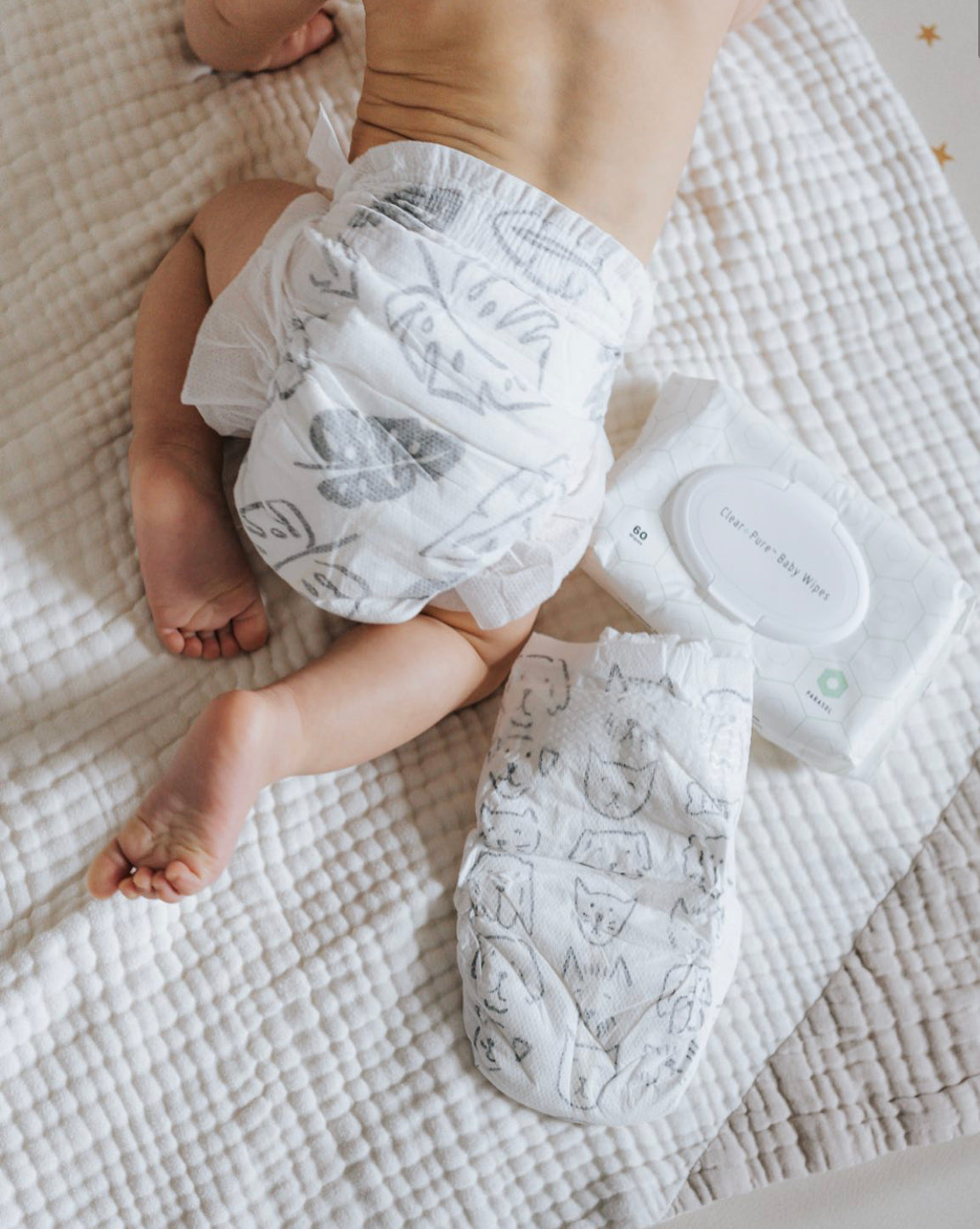
At you incorrect data
It is remarkable, rather valuable information
I am assured, that you have deceived.